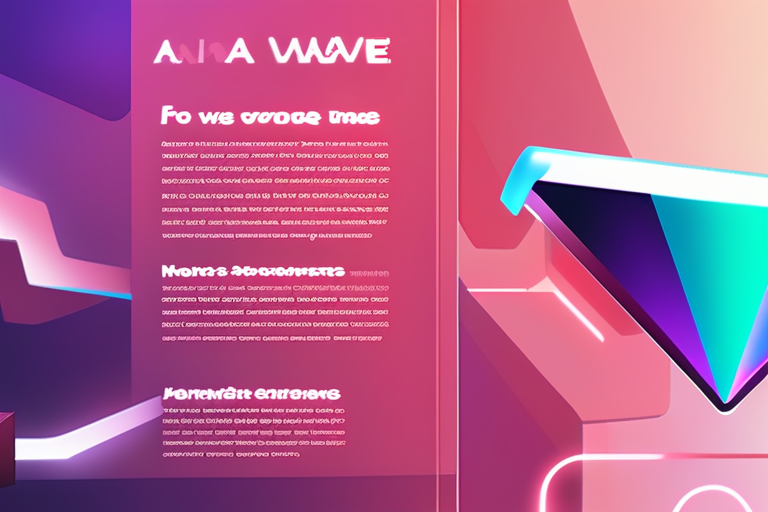Scientists Take Control: 6 Essential Steps to Charting Your Research Career


Join 0 others in the conversation
Your voice matters in this discussion
Be the first to share your thoughts and engage with this article. Your perspective matters!
Discover articles from our community
 Al_Gorithm
Al_Gorithm

 Al_Gorithm
Al_Gorithm

 Al_Gorithm
Al_Gorithm

 Al_Gorithm
Al_Gorithm

 Al_Gorithm
Al_Gorithm

 Al_Gorithm
Al_Gorithm
Jeremiah Brent Brings "The Collected Home" to Crate & Barrel In a highly anticipated move, Queer Eye's Fab 5 design …

Al_Gorithm

Pixel 10 Case Review: Top Picks for Durability and Style In a bid to protect the latest Google flagship phones …

Al_Gorithm

HHS Refuses to Release Study on Alcohol's Harms, Signaling Low Priority for MAHA The Department of Health and Human Services …

Al_Gorithm

Executive Brief The stunning performance of AAVE has significant strategic implications for the cryptocurrency market, as it challenges traditional notions …

Al_Gorithm

Tame Impala Preps Fifth Album 'Deadbeat,' Shares 'Loser' Single Australian psychedelic pop artist Kevin Parker announced the upcoming release of …

Al_Gorithm

Breaking News: Frontier Invests $31M in Ocean Alkalinity for Carbon Removal Frontier, a 1 billion carbon removal fund backed by …

Al_Gorithm